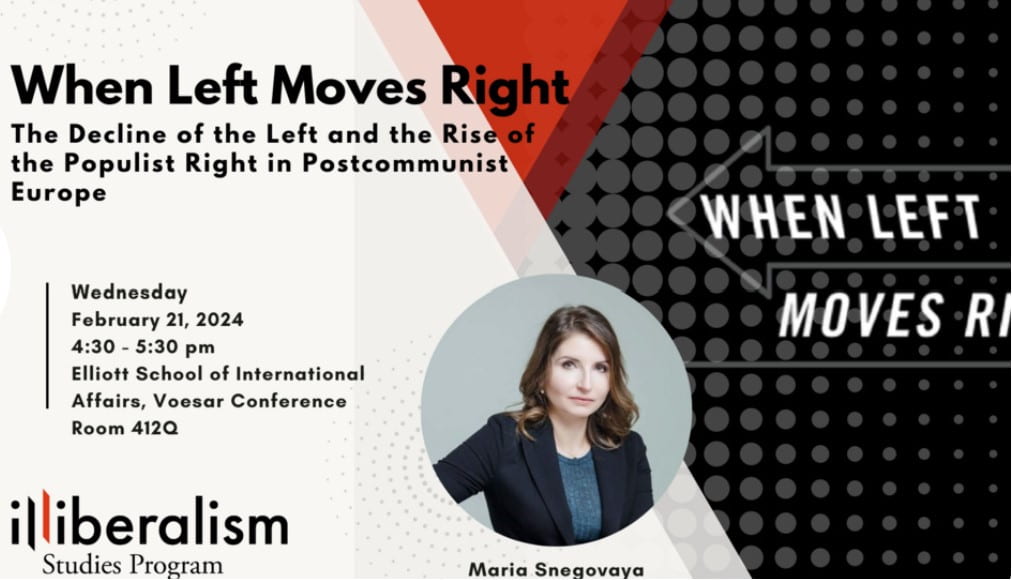Over the past two decades, postcommunist countries have witnessed a sudden shift in the electoral fortunes of their political parties: previously successful center-left parties suffered dramatic electoral defeats and disappeared from the political scene, while right-wing populist parties soared in popularity and came to power. This dynamic echoed similar processes in Western Europe and raises a question: Were these dynamics in any way connected? When Right Moves Left argues that they were. And that the root of the connection between them lies in the pro-market rebranding of the ex-communist left–the key explanatory variable. This book asserts that, though the left’s pro-market shift initially led to electoral rewards, it had a less straightforward impact on left-wing parties’ electoral fortunes in the long run. Traditional supporters of the left (working-class and economically vulnerable groups) were alienated by the new economic policies, and the middle-class voters newly drawn to these parties did not compensate for those losses. As a result, for several electoral rounds following the rebranding, reformist parties on the left suffered dramatic electoral defeats. In response, right-wing parties in their respective countries adopted more redistributive economic platforms consistent with preferences of former supporters of the left, and incorporated sizeable shares of these electorates. This contributed to the growth of right-wing populist parties in the countries with a pro-market left.
The book traces this process in postcommunist Europe on different levels of analysis: cross-country observational data, case studies, and individual-level experimental surveys. It argues that scholars should incorporate the economic policy dimension when explaining the demise of the left and the rise of the populist right in the region. It also examines important parallels between the dynamics of Western and postcommunist countries by arguing that the idiosyncrasy of Eastern European politics has been overstated in scholarly literature.
Speaker:
Maria Snegovaya (PhD, Columbia University) is a Postdoctoral Fellow at CERES, a Senior Fellow with the Europe, Russia, and Eurasia Program at the Center for Strategic and International Studies (CSIS) and a Fellow at the Illiberalism Studies Program at George Washington University. The key focus of her research is democratic backsliding and re-autocratization in postcommunist Europe and the tactics used by Russian actors and proxies who circulate disinformation to exploit these dynamics in the region. Throughout her career, she has collaborated with multiple U.S. research centers and think tanks.
Discussant:
Mitchell A. Orenstein is Professor and Chair of Russian and East European Studies at University of Pennsylvania and Senior Fellow at the Foreign Policy Research Institute. His most recent book, Taking Stock of Shock (Oxford University Press, 2021), co-authored with Prof. Kristen Ghodsee, evaluates the social consequences of the 1989 revolutions that ended communism in Central and Eastern Europe and the former Soviet Union. Orenstein is also the author of The Lands in Between: Russia vs. The West and the New Politics of Hybrid War (Oxford University Press, 2019), a study of how intensifying geopolitical conflict has shaped politics in the lands in between Russia and the West.
Chair:
Robert W. Orttung is Professor of Sustainability and International Affairs at the Elliott School and Director of the Sustainability Research Institute. Prof. Orttung is an expert on Comparative politics, Democracy, Energy security, and Sustainability. He is a visiting fellow at the Center for Security Studies of the Swiss Federal Institute of Technology, Zurich. Prof. Orttung’s most recent research is focused on urban sustainability and its intersections with democracy and global affairs, using Russia as his case study. Prof. Orttung has a Ph.D. from University of California–Los Angeles.

